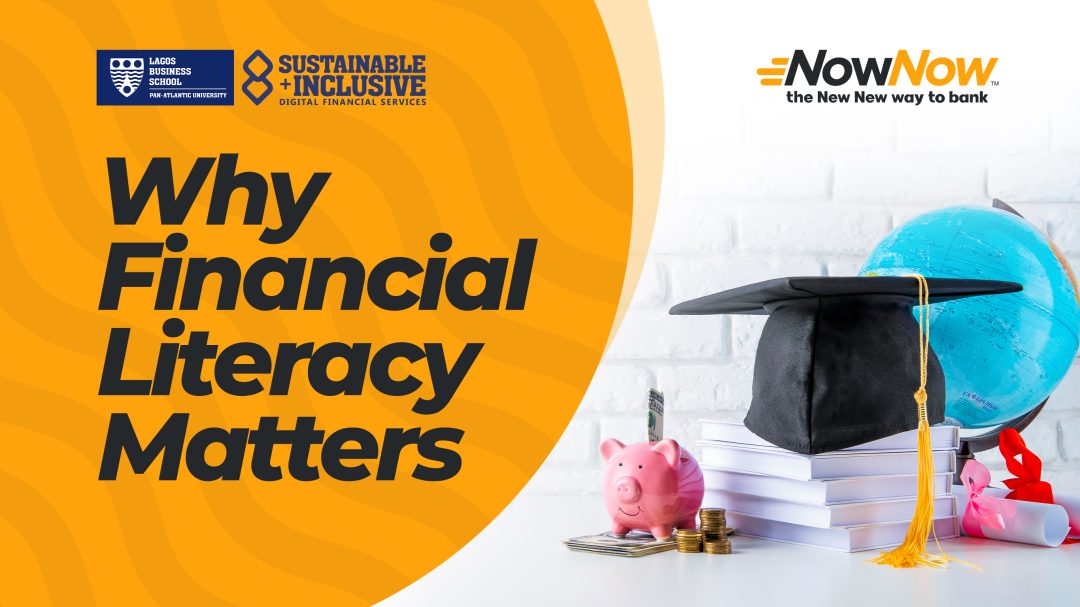Important things financial literacy teaches you
The maxim you’ve heard many times – information is power – is true.
Research has shown that young girls are generally less confident when it comes to managing money than boys. This lack of confidence is due to ignorance about how money works. When women are financially literate, it boosts their confidence and helps them develop healthy money habits.
Naturally, financially educating yourself (and your daughters) is setting yourself up for future success. But not many people pay this much attention. Why?
Well, perhaps it’s because most adults tend to think money is simple. Most people think the more money you have, the better life is. And it’s true, to a degree. However, money (or to be more specific, finance) has dynamics and rules. And there
Remember in the previous article when we talked about good debt and bad debt? That tells you that managing your finances requires skills, which you develop through education and practice.
Below are four of the most important things financial literacy teaches you about money:
Wants vs Needs. Know the Difference: One of the fundamental pillars of financial literacy is knowing the difference between wants and needs. The earlier this difference is clear, the faster women can embark on the journey of financial independence.
Quite simply, a need is something needed to survive. Needs include food, water and shelter. Maybe clothing. But the idea is that, without these needs being met, you’d die. On the other hand, wants are not essential to survival. Things like entertainment, travel, mobile phone etc. While they enhance your quality of life, they do not ensure your survival.
Financial literacy aims to teach people how to allocate money to ensure their survival. Obviously, your needs should come before your wants but human beings are rarely rational and we rarely make good decisions, especially when it comes to money. Which brings us to the next point.
Money is not good or bad. It is amoral: Due to sociocultural factors, women tend to have a negative attitude towards money. While some people are raised to be scared of it, others treat it as a taboo topic, and conversations regarding money are rarely had with women around the house.
(Un)fortunately understanding money is not intuitive knowledge. That is, it is not something you learn simply by observation. Rather, financial education has to be deliberate and consistent to ensure the right principles are being learned and understood.
Financial education influences attitudes towards money.
Wealth belongs to Long Term Thinkers: Instead of living day-to-day which leads to incurred higher spending, financially literate people are able to plan strategically for the long term. A lack of financial knowledge prevents women from accumulating wealth and securing their future.
To build wealth, you need two superpowers – patience and discipline.
Long-term thinking is a fundamental pillar of wealth-building. It’s also a cognitive skill that can be tricky to master. By default, we prefer the present over the future (immediate needs over future needs). And this is why financial literacy is important – the earlier you are aware of how to make money, you earlier you can begin to practice and hone the skills necessary for future financial independence.
Financial literacy is particularly important for women. When a woman is financially literate, she will be able to pass down that wisdom to her children, especially female children, which leads to a virtuous cycle of financial literacy and empowerment.
